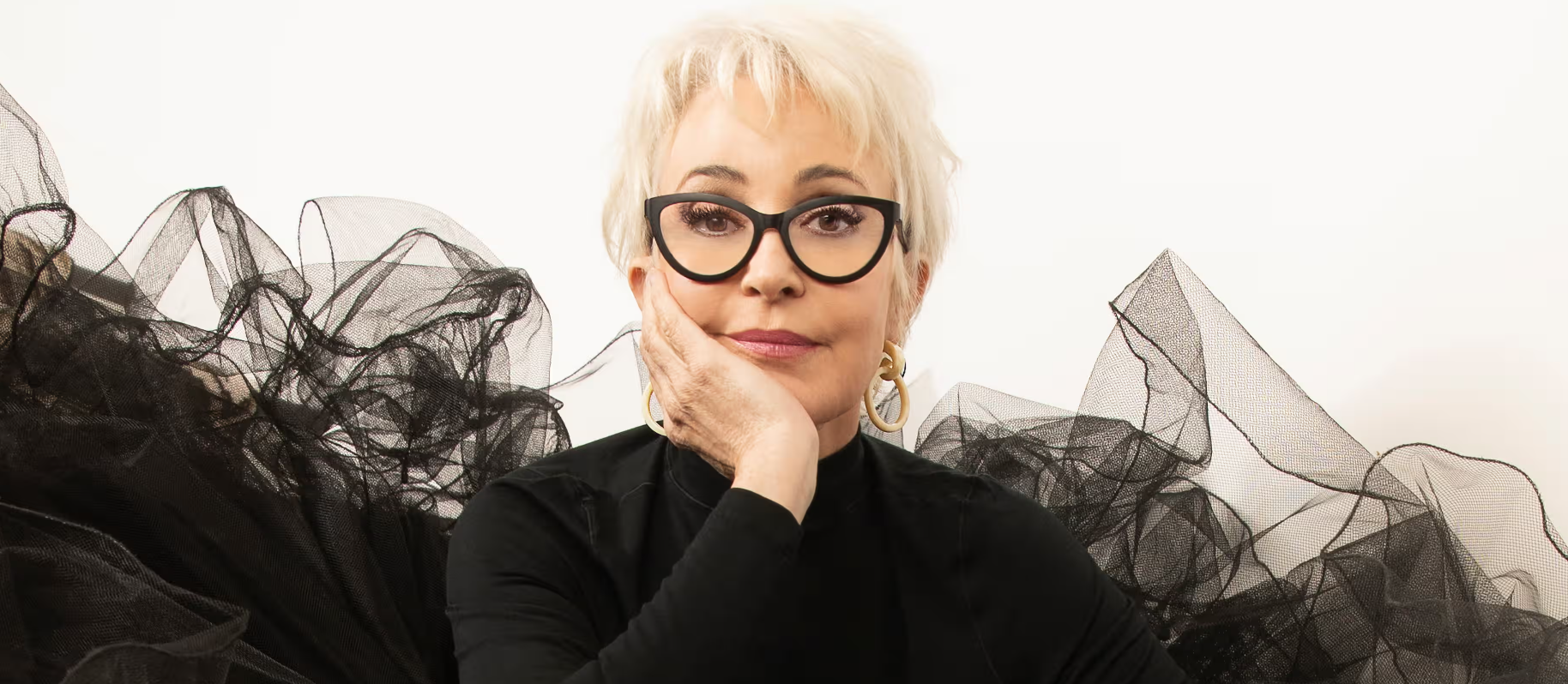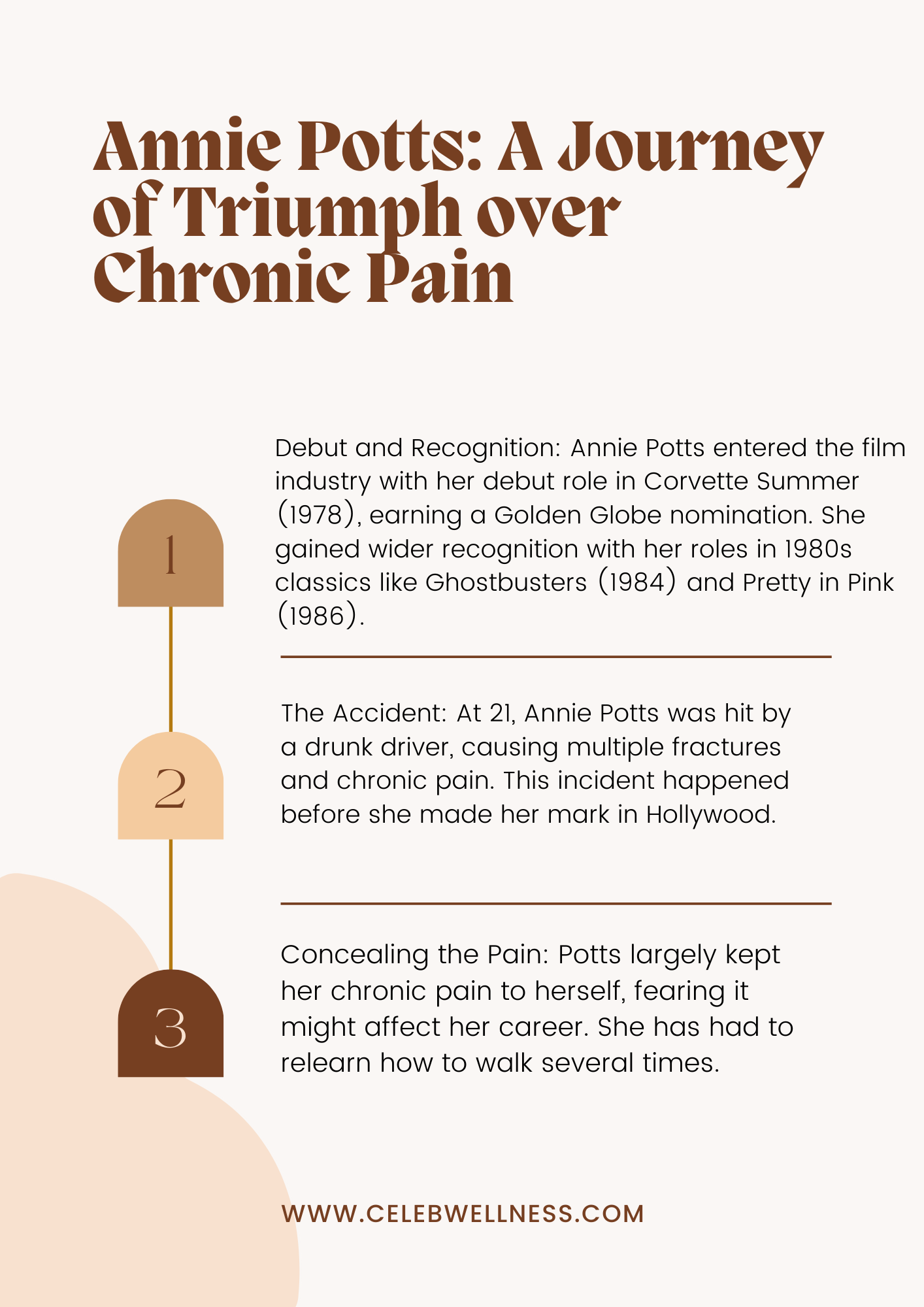Annie Potts, an American film, television, and stage actress, gained recognition for her roles in popular 1980s films like Ghostbusters (1984) and Pretty in Pink (1986).

PHOTO Courtesy | Publicity image
She debuted on the big screen in 1978 in the Metro-Goldwyn-Mayer comedy film Corvette Summer (1978) alongside Mark Hamill, earning a Golden Globe nomination.
In 2017, she landed the role of Meemaw in Young Sheldon (2017), a spin-off of the CBS sitcom The Big Bang Theory (2007). Additionally, Potts provided the voice for Bo Peep in the animated films Toy Story (1995), Toy Story 2 (1999), and Toy Story 4 (2019).
Many fans are unaware that despite being 70 years old, Potts has faced challenges throughout her career due to injuries sustained in an accident fifty years ago.
While chronic pain might have ended the careers of many actors, Potts revealed in a March interview that she is not one to retreat from work. As viewers can witness on TV, particularly with “Young Sheldon,” she continues to exhibit no signs of slowing down.
Annie Potts Accident That Causes her Chronic Pain
Annie Potts and the rest of the “Young Sheldon” cast recently participated in an interview with Glamour ahead of the ongoing sixth season.
During the discussion, she detailed the physical challenges she has faced, stemming from an accident that occurred fifty years ago.
“At 21, I was struck by a drunk driver and suffered multiple fractures in my lower body, except for one,” she disclosed. This incident preceded Potts’ entry into the television and film industry in the late ’70s.
While striving to establish herself in Hollywood, she also grappled with concealing the discomfort and limitations in the lower half of her body. Remarkably, Potts has undergone “over 20 orthopedic surgeries,” including an ankle replacement last year.
Despite enduring the accompanying pain of these procedures, she largely kept her medical condition private.
“I rarely spoke about it because I feared it might undermine people’s perceptions of my abilities,” she explained.
Potts acknowledged that even today, she continues to contend with chronic pain: “It’s been a significant challenge. […] I’ve had to relearn how to walk numerous times now, too many to count.
However, adversity often fosters growth, and this experience has undoubtedly made me more empathetic and compassionate.”
Last April, following her ankle replacement surgery, Potts shared an X-ray scan on Facebook with the caption: “Check out my new bionic ankle! Grateful for advancements in science and for being alive during a time when such remarkable progress is achievable.” Both science and Annie Potts herself are truly remarkable.
ALSO READ
